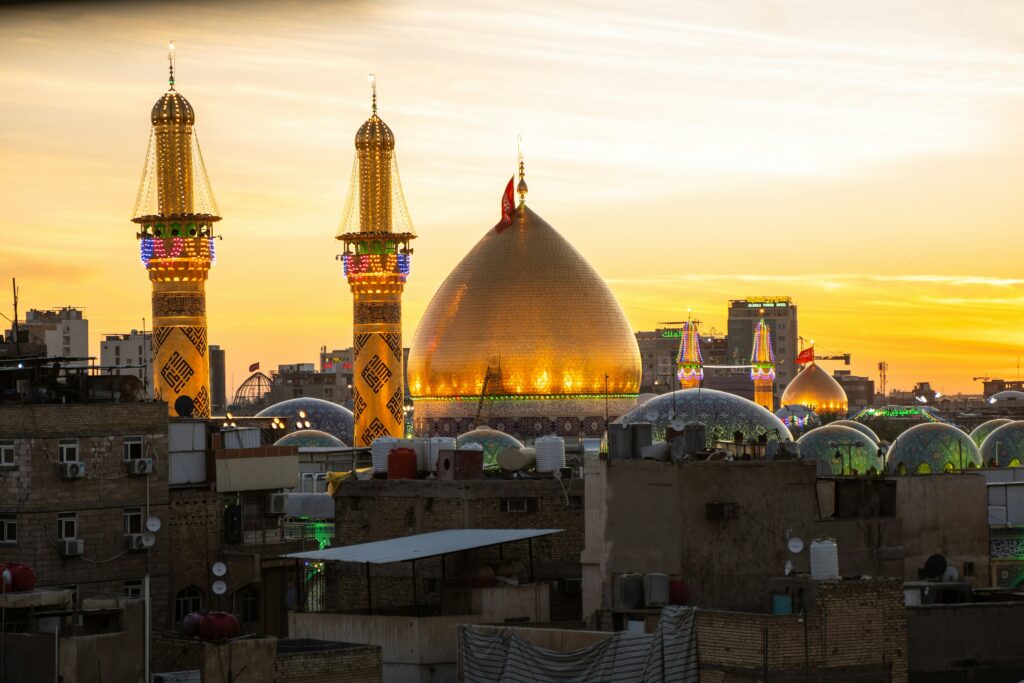Security forces and displaced citizens voted early Sunday, setting the stage for Iraq’s tense parliamentary contest. The election will decide whether Prime Minister Mohammed Shia al-Sudani secures a second term as regional pressures mount. Around 1.3 million military and security personnel, plus 26,000 displaced voters, participated. Thousands of candidates, largely tied to sectarian factions, are vying for influence in Baghdad and beyond.
Exiled Communities Seek Political Voice
Displaced Yazidis cast ballots from a camp near Dohuk, far from their destroyed homes in Sinjar. Islamic State attacks left the area in ruins, and multiple armed groups still control the region. Some Yazidis have returned slowly, but reconstruction remains stalled.
Voter Edris Zozani backed the Kurdish Democratic Party (KDP). “Independent Yazidis cannot defend our interests,” he said. “Joining strong parties gives us influence in parliament.” His vote reflects a community trying to reclaim political representation after decades of violence and displacement.
Armed Groups Shape Iraq’s Electoral Outcome
In Baghdad, soldiers, police, and Popular Mobilisation Forces (PMF) members cast ballots. The Iran-backed PMF officially answers to Iraq’s military but retains broad autonomy. Parliament debates laws defining PMF authority, prompting U.S. concern.
A PMF fighter, speaking anonymously, said, “I voted for the list that defends the PMF.” Several PMF factions run political parties. Their results could shift Iraq’s internal power balance and affect U.S.-Iraq relations.


